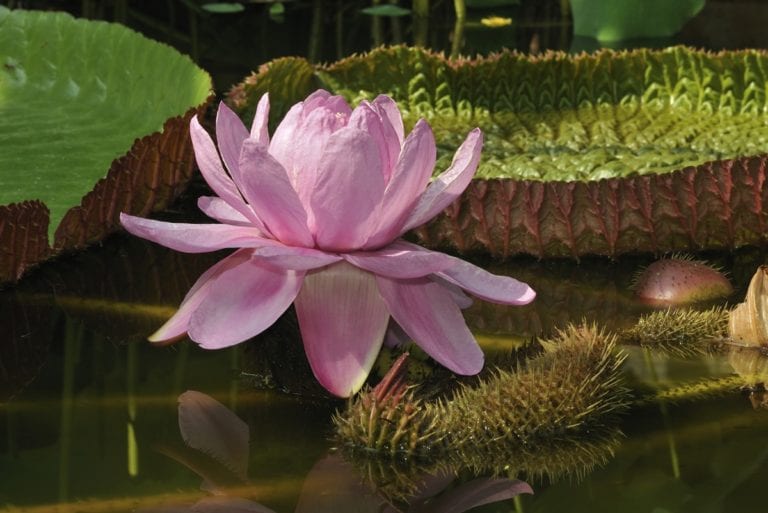March 2018 Audio Meditation
Meditations, experiments, books and guided meditations to assist with nourishing spirituality, healing childhood wounds, and living more consciously.
Meditations, experiments, books and guided meditations to assist with nourishing spirituality, healing childhood wounds, and living more consciously.


Recently, I found myself thinking about the complex infrastructure that allows us all to connect on platforms like Zoom, that allow us to have the internet in all its complexity. I also thought about the infrastructure that allows our communities to function with roads, bridges, traffic signals, and everything else that keeps us organized and makes the complexities of living together run more smoothly.
This also got me to thinking about our internal infrastructure. Physically, our skeleton is one form of internal infrastructure. All the other aspects of our physicality are part of the bodily infrastructure that allows us to be here. Then, there’s the internal infrastructure of our nervous system and psyche, the means by which we move through life grounded, regulated, and steady—or, at least we hope we are able to move through life in this way.
Just as we have to attend to the various infrastructures of living in our modern world, we also have to attend to the internal infrastructure that allows us to re-center ourselves when life serves up challenges and experiences we neither anticipated nor were prepared to meet.
For this week’s practice, I invite you to explore even more deeply the ways in which you orient to an internal steadiness, find your internal center of gravity, re-center yourself, and regulate your nervous system. All these practices help to cope with present-day life in which changes and challenges are normal parts of what any of us may encounter on any given day.
Read More “860th Week: Nurturing Your Internal Infrastructure”Just before the election, I had an unexpected—and unusual for me—interaction with someone on Facebook that reflected something we’ve all seen emerge over time. It seems that differences of opinion are now taken as attacks. Read More “Week 653: Speaking with Respect”

It’s just about mid-week and I haven’t yet posted a practice for this week, which would usually be posted by Sunday. These times when I draw a complete blank become an invitation to relax and open my awareness to what might unexpectedly drop in. This process reminds me of the practice of “not doing”. Instead, it becomes a practice of “being” and “receiving” rather than figuring out or doing.
Then, this takes me to the importance of intuitive awareness and how our current consensus reality in Western thinking tends to devalue non-rational ways of knowing. For me, non-rational ways of knowing are equally present, if not dominant, in my usual way of moving through the world, so I’d like to share some thoughts and an exercise that offer support for intuitive ways of knowing.
Whenever I find myself with a conundrum, not knowing exactly what to do, I ask for help or input. It’s not important to think about where the information or support comes from. For example, I might ask for help from “cat intelligence” or “plant intelligence” if I have a question about how to help the felines who live with me or the trees that grace my small apartment. What comes to mind are all the varieties of collective consciousness that Rupert Sheldrake talks about in his work with morphic fields—fields of information that species contribute to and draw from all the time.
One of my favorite examples of a morphic field is where Sheldrake talks about small birds in England. Prior to World War II, these birds had a habit of flipping the lids off of milk bottles delivered and left on people’s stoops. The birds were after the cream just under the bottle’s lid. Milk then became rationed and not readily available during the war and several generations of these birds were born and died without having learned to take off the lids of the milk bottles. As soon as deliveries began again after the war, the birds were back, doing what they had always done. Sheldrake says that they are able to do this because of the information field of their species, their morphic field, which contains all the information of every member of the species that has ever lived.
Read More “892nd Week: Collective Information Fields and Intuitive Awareness”For those who prefer a visual meditation along with the audio, here’s a link to the YouTube version of this month’s guided meditation…

900th Week: Wishing People Well (and Yourself, too!)
As our human world continues to experience polarization and suffering and, in the United States at least, a lessening of civility and empathy, I’ve been thinking about the importance of cultivating a practice of wishing people well. I find that when I move through the day wishing people well, I automatically tap into an attitude of heart-oriented awareness. When I pay attention to my heart brain and take time to listen and feel into how my heart interprets the world, I automatically feel more generous toward my fellow humans.
Media and entertainment programs so often focus on competition, problems, aggressive behaviors—on what is dramatic, and much of the time negative. Because of this, we risk developing a habit of orienting to what’s not working, what’s traumatic and upsetting, what’s nasty and contentious and we may not be aware that we are becoming accustomed to seeing life through a lens colored by these qualities.
It’s helpful to remember that we perceive what we believe, that we interpret our world based on the filter through which we experience it. When we move through the world wishing people well, we generate a filter that is more likely to orient to noticing what’s going right, noticing where we see people cooperating, helping each other, interacting in positive ways. I’ve written many times about what’s called solution-focused therapy, where people are invited to notice only what’s going right, to actively seek out what’s going right in their environment and in their lives. This generates a filter that sees even more of what’s going right, just as the more negative filter easily focuses on what’s going wrong.
This doesn’t mean to ignore things that need to be changed or fixed. It doesn’t mean that everything is fine so there’s nothing to worry about. But it does mean not to live there full-time or permanently. Taking action is an important option when we see things that we feel are unjust or just plain wrong. But to live with a perceptual filter that orients to what’s out of place, what’s dangerous, or what’s wrong tends to prevent us from noticing interactions and circumstances that are more positive in nature.
And so, for this week’s practice in conscious living, I invite you to explore what you experience when you move through your daily activities wishing people well—people you may pass in the street, people with whom you work, people you may encounter in the course of your daily errands or chores. Track the quality of your internal experience as you do this and notice what you feel in your body. Also notice your emotional experience and the tone and quality of your thoughts, including your self-talk.
And, be sure to include yourself in your well-wishes. This could be a whole practice by itself—orienting ourselves to self-acceptance and embracing our wholeness. Notice how you feel when you include yourself in your well-wishes. Notice what you experience when you offer yourself the quality of support that well-wishes naturally convey. Pay attention to what you experience in your body, in the tone of your self-talk, in the quality of your emotional experience when you remember to wish yourself well each day.
A more formalized way of doing this kind of practice is found in the Buddhist practice of lovingkindness, or metta. If you feel moved to do so, here are three links to a lovingkindness practice:
(I ran into a glitch here, so please google “lovingkindness practice” and you’ll find a number of lovely scripts and practices. So sorry that I can’t figure out how to offer just the links, but I can’t seem to include other URLs as part of flow of the written practice here.)
As with all these practices, be sure to bring along curiosity as your constant companion and to pat gently on the head any judgments that may arise, allowing them to move on through without your having to do anything about them. And, as always, be sure to make room for mixed feelings, as they are a natural aspect of our wholeness. As you do with judgments, there’s nothing you have to do about these. The gift is to notice them gently as you continue to wish yourself well.
Here’s a recorded version of this week’s practice, if you would prefer to listen…